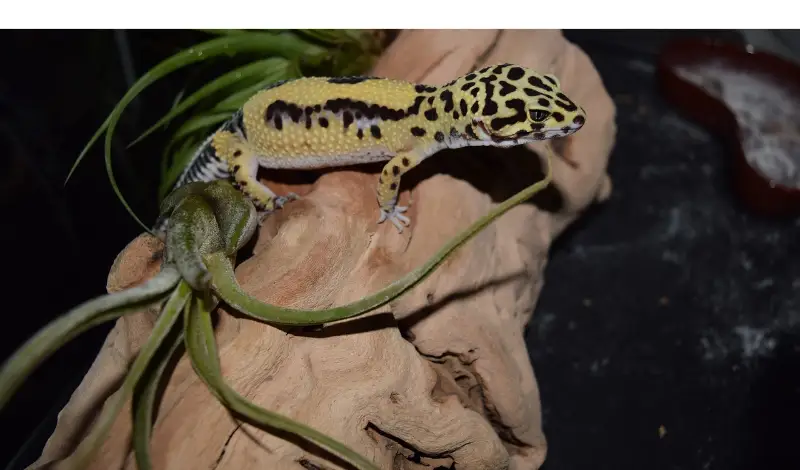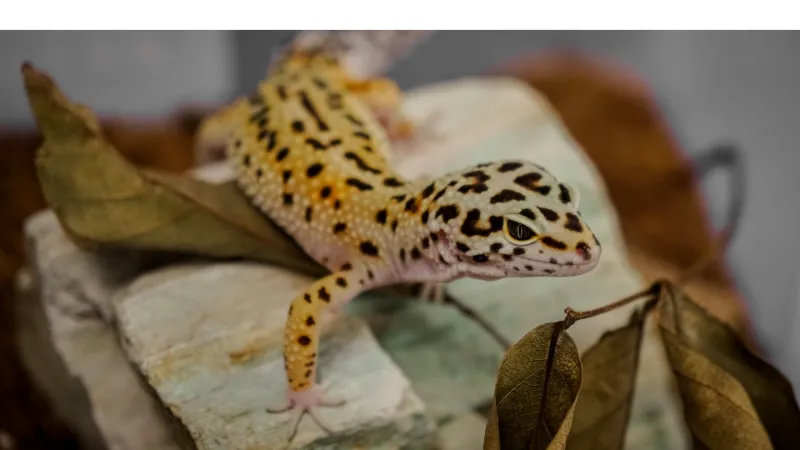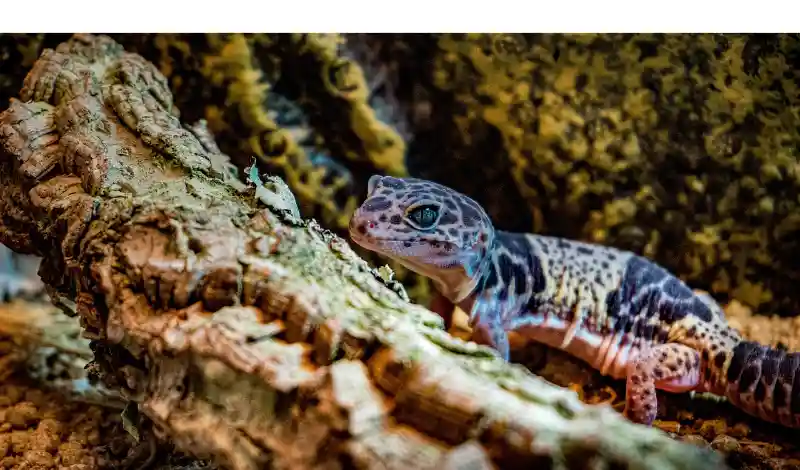Today, we’re talking about our scaly friends, the bearded dragons. As a pet owner or someone fascinated by these creatures, you’ve probably asked yourself at one point, “Do bearded dragons get bored?”
And if you’re scratching your head right now, no worries, we’ve got you covered.
Bearded dragons, or ‘beardies’ as I like to call them, are the social butterflies of the reptile world, known for their friendly dispositions and unique behaviors.
They’re like the Labrador retrievers of the lizard world, always up for a good time.
But one question that often gets overlooked is how these cool creatures experience their world.
It’s easy to think that a creature that spends most of its time lounging under a heat lamp or munching on some tasty crickets doesn’t have much to worry about in terms of boredom.
But these guys have a much more complex emotional life than we often give them credit for.
Do Bearded Dragons Get Bored? An Eye-Opening Revelation
Alright, let’s not beat around the bush here. Do bearded dragons get bored? The short answer is – yes, they can.
Despite their often chill demeanor, bearded dragons are intelligent creatures that need mental stimulation, just like us humans. Boredom can actually be a real issue for them.
In the wild, beardies are busy little critters. They’re always on the move, hunting for food, exploring their environment, and interacting with other bearded dragons.
They have a whole world to discover, which keeps their tiny reptile brains stimulated.
When they become our pets, their world shrinks considerably. Sure, they don’t have to worry about predators or finding their next meal, but life in a tank can be pretty monotonous.
Imagine if you had to stay in your room all day, every day. Even with all the creature comforts, you’d probably start climbing the walls with boredom, right?
Well, it’s the same for your bearded dragon. Although their natural habitat is the Australian Outback, they’re not just sitting around, sunbathing all day. They’re active, engaged, and always alert.
So, no matter how well-designed it is, they can get bored when their life boils down to a cage. That’s why it’s crucial to ensure that they have plenty of mental and physical stimulation to lead a happy, healthy life in captivity.
Signs Your Bearded Dragon Might Be Bored
Now that we’ve established that bearded dragons can experience boredom, the next question is, “How do I know my bearded dragon is bored?”
Unlike your pooch, who might chew up your shoes, or a kitty who would knock over every item on your shelves, a bored bearded dragon won’t exhibit such blatantly destructive behavior.
But just because they can’t voice their feelings or wreck your stuff doesn’t mean they’re content. You need to watch out for some subtle signs.
Firstly, if your beardie seems lethargic and uninterested in their surroundings, it could be a sign of boredom.
Beardies are naturally curious creatures. If they’re not exploring or at least looking around with interest, it’s a red flag.
Secondly, lack of appetite is another sign. Now, this could also indicate health issues, so if you notice this, it’s worth checking with a vet. But boredom might be the culprit if your dragon is healthy and still not interested in food.
Lastly, if your bearded dragon is glass surfing – that is, scratching at the glass walls of its enclosure as if trying to escape – they’re probably bored.
This behavior is a clear sign that they’re not happy with their environment and are looking for more stimulation.
Why Boredom is a Big Deal for Bearded Dragons
In case you’re thinking, “So what if my bearded dragon gets a little bored? We all do, right?” I hate to break it to you, but boredom in bearded dragons is a serious issue.
It’s not just about them not having a good time; it can actually take a toll on their health.
A bored bearded dragon might not get into trouble like a bored dog or cat would, but the effects are more insidious.
Boredom can lead to stress, and prolonged stress can lead to a range of health issues, like a weakened immune system, loss of appetite, or even behavioral changes.
When your bearded dragon is mentally stimulated and happy, it’ll be more active, have a better appetite, and generally lead healthier lives.
They’ll also be more interactive with you, which is a bonus for all you beardie parents out there!
Bearded dragons are always on the go in the wild, so we need to replicate that as best we can when they’re in captivity. That means creating an environment that’s safe and comfortable but also interesting and stimulating.
Remember, a bored bearded dragon is not a healthy bearded dragon. So, taking steps to keep them engaged and happy is crucial.
Beating Boredom: How to Stimulate Your Bearded Dragon
Okay, beardie buddies, it’s time to roll up our sleeves and dive into the fun part: how to keep our scaly friends entertained and stimulated.
Playtime for Your Beardie: Engaging Activities
Your bearded dragon may not fetch a ball like your dog, but they still love playtime! Simple activities can make a big difference in their daily routine.
For example, introducing new objects into their environment for them to explore can be quite thrilling for your beardie.
Try using safe toys, like small balls or stuffed animals, and watch as your bearded dragon investigates these alien objects. Even something as simple as a new branch or rock can be exciting for them.
Another great activity is to let your bearded dragon roam outside their cage. Of course, this should always be done under supervision and in a safe area.
Exploring a larger environment allows them to exercise and enjoy a change of scenery, keeping their little lizard brains stimulated.
Habitat Hacks: Making Your Bearded Dragon’s Home Exciting
Creating a stimulating habitat is one of the most effective ways to beat boredom. This means more than just a heat lamp and a food dish. Think of their enclosure as their world, and try to make it as interesting as possible.
Add different levels with branches or platforms for them to climb. Provide hiding spots like small caves or tunnels. And don’t forget about the substrate! A soft, diggable substrate can provide hours of entertainment.
Remember, change is good! Regularly rearranging their habitat can create a whole new world for your bearded dragon to explore.
Socializing Your Beardie: Do They Need a Buddy?
Bearded dragons are solitary animals, meaning they don’t necessarily crave the company of other dragons. In fact, having another bearded dragon in their space can cause stress.
However, they do enjoy interacting with their human companions. So take some time each day to handle and interact with your beardie. They’ll enjoy the attention and the opportunity to explore outside their enclosure.
A Word on Bearded Dragon’s Diet: Variety is the Spice of Life
Moving on from playtime and habitats, let’s discuss another crucial aspect of stimulating your bearded dragon – their diet.
You know that feeling of dread when you realize you’re having the same thing for dinner three days in a row? Well, your bearded dragon might feel the same way.
Bearded dragons are omnivores, meaning they eat plant and animal matter. They have a varied diet in the wild, feasting on everything from insects to fruits, vegetables, and even small rodents.
As pet owners, it’s our job to recreate this diversity in their diet.
Feeding your bearded dragon the same thing day in and day out can contribute to boredom. Plus, a varied diet is essential for their overall health. Different foods provide different nutrients, so mixing things up is important.
Try introducing new fruits, vegetables, or insects into their diet and observe their reactions. It can be quite fun to watch them explore new tastes and textures. And who knows, you might even discover your beardie’s new favorite treat!
Remember, though, that not all foods are safe for bearded dragons. Always research or consult a vet before introducing new foods into their diet.
Avoiding Pitfalls
So, we’ve talked a lot about what you should do to keep your bearded dragon mentally stimulated and happy, but what about the things you should avoid?
Let’s dive into some common mistakes that could lead to a bored bearded dragon.
Pitfall #1: Neglecting Interaction
Bearded dragons might be solitary creatures but still need interaction, especially with their human pals. Neglecting spending time with your beardie can lead to boredom and stress.
So, make sure you’re setting aside some quality bonding time each day. It’s not just good for their mental health; it’s also a great way to strengthen your bond with them.
Pitfall #2: Overlooking Habitat Enrichment
As we discussed earlier, a stimulating habitat is key to a happy bearded dragon. But it’s easy to overlook this aspect. You might think that as long as they have their basic needs met – heat, light, food – they’re good to go.
But without things to climb, places to hide, and objects to investigate, your beardie’s world can quickly become dull.
Pitfall #3: Sticking to the Same Old Routine
Change is important for keeping your bearded dragon’s environment interesting. This includes their diet, the layout of their habitat, and even their daily routine.
Without some variety, life can quickly become monotonous for your beardie.
Final Thoughts
From understanding that bearded dragons can get bored to recognizing the signs of boredom, understanding why it’s a big deal, and learning how to beat it, we’ve got this topic covered.
But if there’s one thing I’d like you to take away from this article, it’s this: Keeping your bearded dragon mentally stimulated is just as important as taking care of its physical needs.
Just like us humans, bearded dragons need more than just food, water, and shelter to thrive. They need variety, they need challenges, and they need interaction.
In short, they need a life that’s interesting and engaging. And as their human, that’s something only you can provide.
So, whether mixing up their diet, redesigning their habitat, or simply spending more time interacting with them, there’s a lot you can do to ensure your beardie is living its best life.
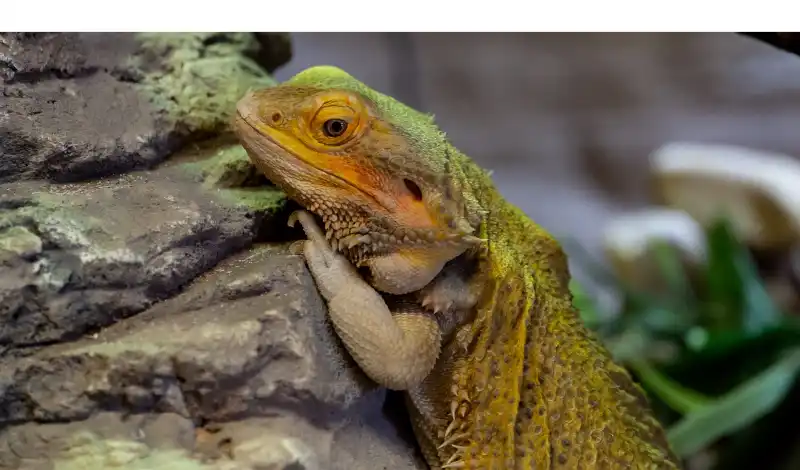
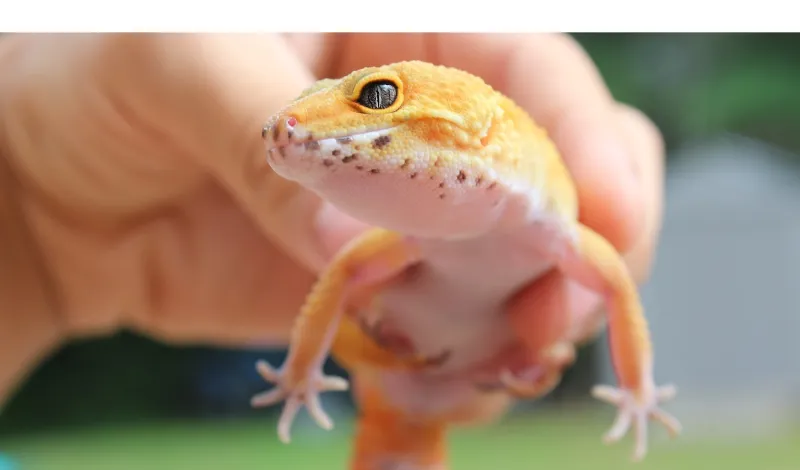
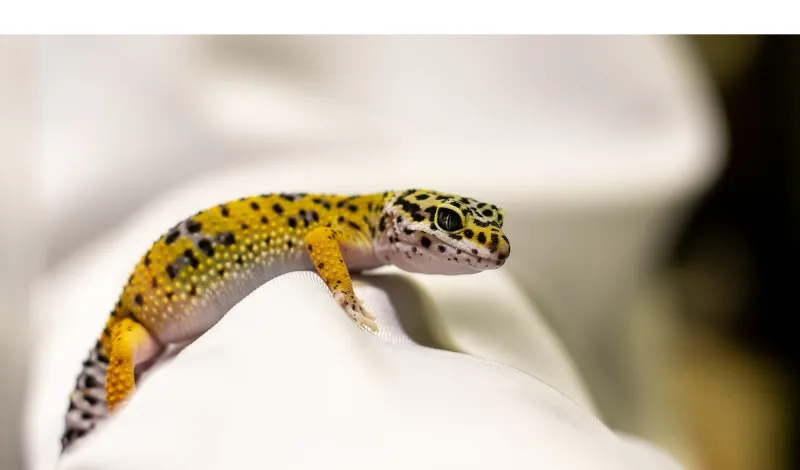
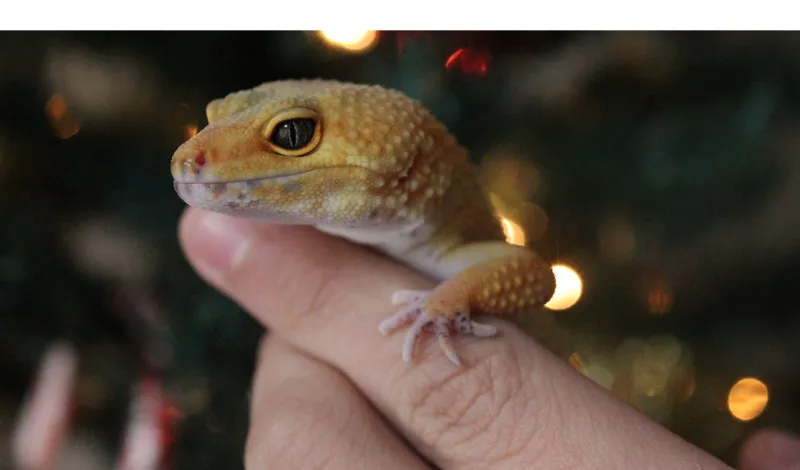
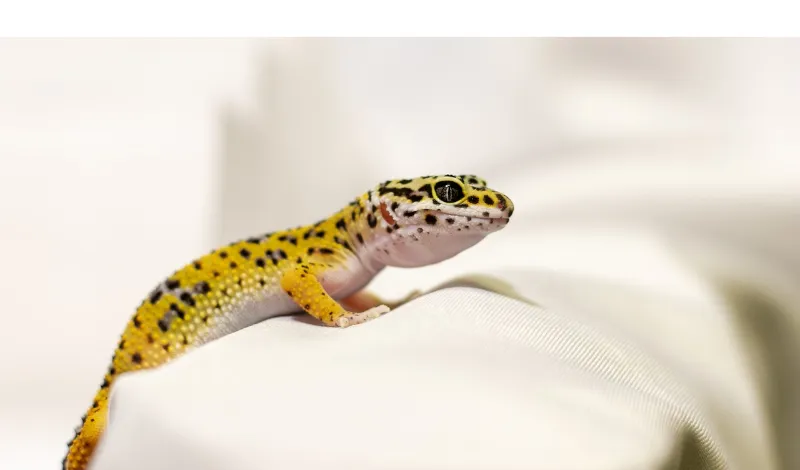
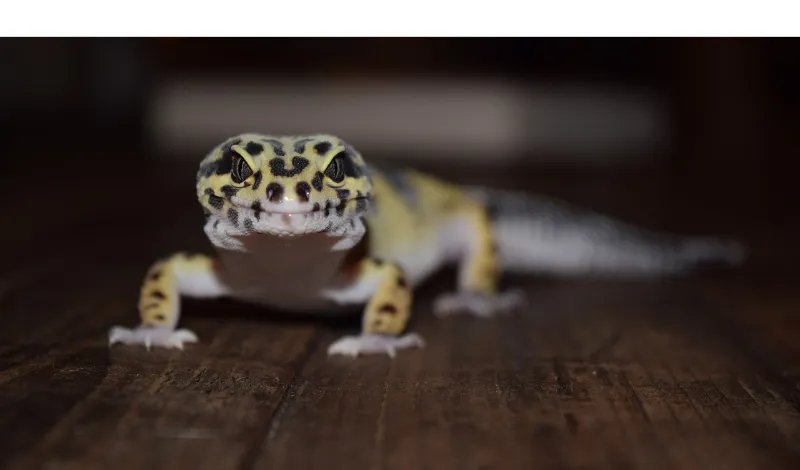
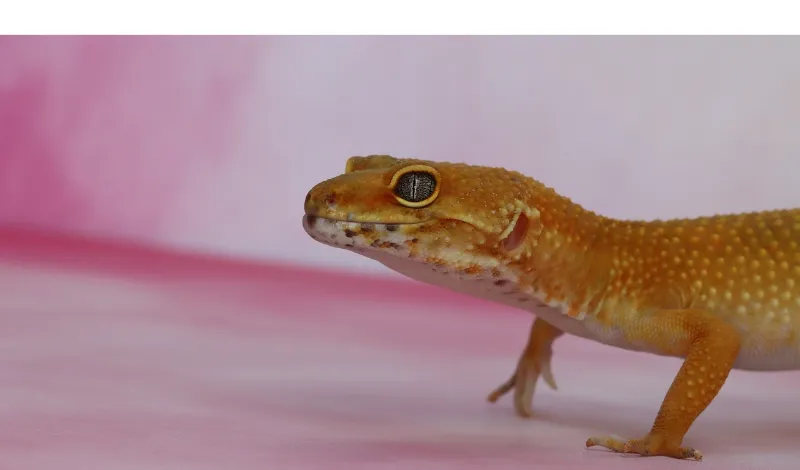
![turn-gecko-lights-off-at-night]](https://www.howtoanimal.com/wp-content/uploads/2023/05/Featured_Image_turn-gecko-lights-off-at-night.webp)
